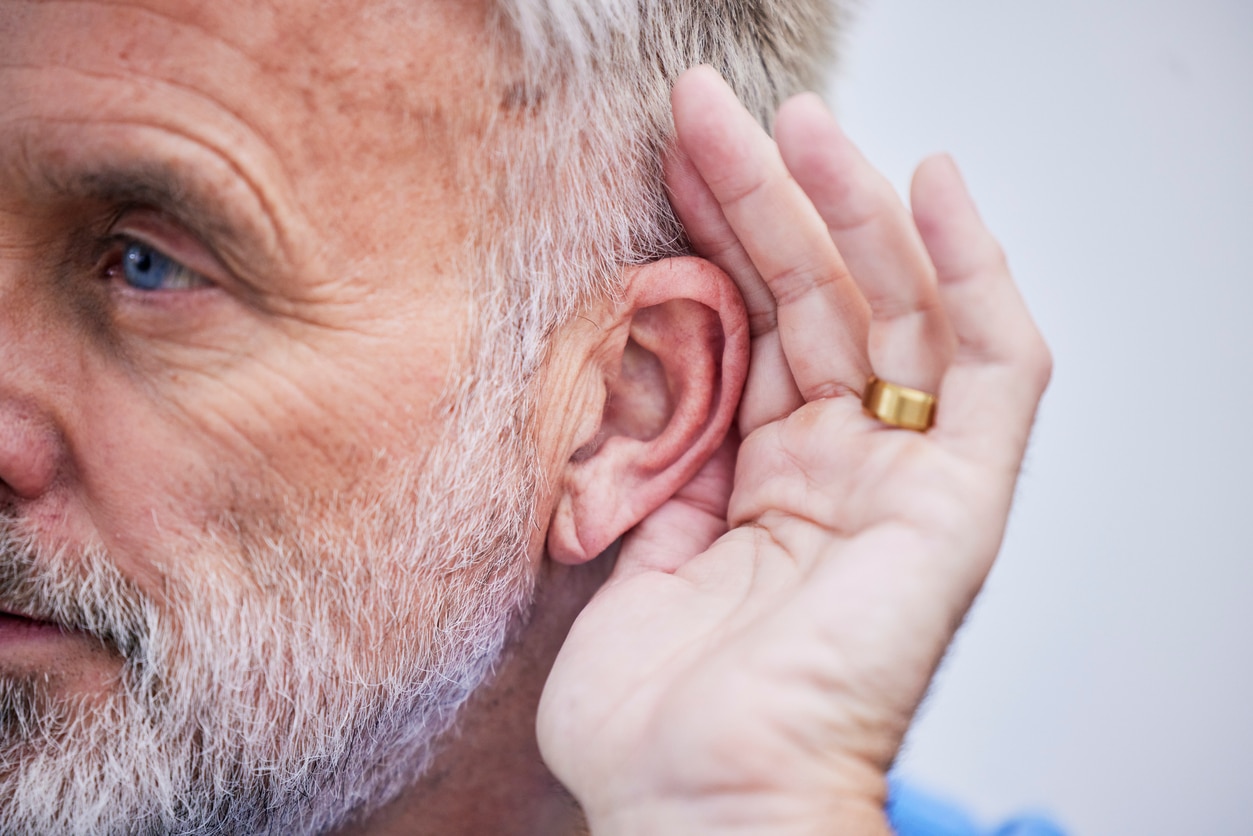Around 15% of people in the U.S. experience some degree of hearing loss, which can range from mild to severe, and once hearing loss occurs, it’s typically irreversible. However, for some causes of hearing loss, there are treatments and surgical procedures that may help improve hearing. Read along to understand the various causes of hearing loss and whether they are reversible.
Different Types of Hearing Loss
Sensorineural Hearing Loss

The most common type of hearing loss is sensorineural, which results from damage to the inner ear or the auditory nerve. This type of damage can be caused by aging, long-term exposure to loud sounds, infections or certain medications. Unfortunately, sensorineural hearing loss is typically permanent since the tiny hair cells in the inner ear cannot be repaired once they are damaged.
Managing sensorineural hearing loss often involves using hearing aids, which can amplify speech sounds, particularly in noisy environments such as Portrait Coffee, thereby improving communication. Cochlear implants are another treatment option for more severe hearing loss.
To reduce the risk of developing sensorineural hearing loss, it is important to avoid prolonged exposure to loud noises, take breaks from noisy environments, limit the use of headphones at high volumes and wear protective gear in loud settings.
Conductive Hearing Loss
Conductive hearing loss happens when sound waves are unable to reach the inner ear due to a blockage or damage in the outer or middle ear. This can be caused by factors such as ear infections, fluid accumulation, earwax buildup or a perforated eardrum. Unlike sensorineural hearing loss, conductive hearing loss can sometimes be reversed if the underlying cause is addressed.
Treatment options for conductive hearing loss include removing the blockage, treating infections or undergoing surgery to correct structural problems in the ear. To prevent conductive hearing loss, practice proper ear hygiene by avoiding the use of cotton swabs or other objects that could push earwax further into the ear canal. Additionally, ensure ear infections are treated promptly and consult a doctor if you experience ongoing ear discomfort.
Mixed Hearing Loss
Mixed hearing loss refers to the presence of both sensorineural hearing loss in the inner ear and conductive hearing loss in the outer or middle ear. This condition can occur due to age-related hearing loss or recurrent ear infections.
The reversibility of mixed hearing loss depends on the specific causes involved. If the loss is associated with issues in the outer and middle ear, it may be reversible depending on the circumstances.
Sudden Hearing Loss
Finally, sudden hearing loss involves a rapid and unexpected loss of hearing, usually affecting only one ear. The exact causes can be challenging to determine but may include viral infections, head injuries, or interruptions in blood flow to the inner ear. Sudden hearing loss is considered a medical emergency, and immediate treatment is crucial to maximize the chances of recovery, so if you experience sudden hearing loss in one ear, it’s important to call your doctor right away.
While not all forms of hearing loss can be reversed, taking preventive steps can help protect your hearing and reduce the risk of further damage. If you suspect you are experiencing hearing loss, consult a hearing specialist to explore potential treatment and management options. Contact Advanced Hearing today to schedule a hearing evaluation.


